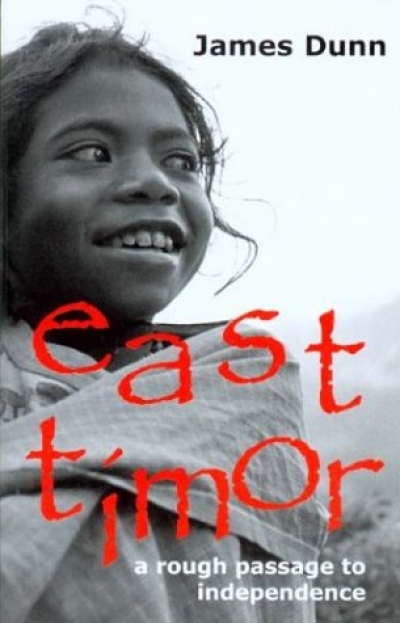Accessibility Tools
- Content scaling 100%
- Font size 100%
- Line height 100%
- Letter spacing 100%
Archive
The ABR Podcast
Released every Thursday, the ABR podcast features our finest reviews, poetry, fiction, interviews, and commentary.
Subscribe via iTunes, Stitcher, Google, or Spotify, or search for ‘The ABR Podcast’ on your favourite podcast app.
‘Where is Nancy?’ Paradoxes in the pursuit of freedom
by Marilyn Lake
This week on The ABR Podcast, Marilyn Lake reviews The Art of Power: My story as America’s first woman Speaker of the House by Nancy Pelosi. The Art of Power, explains Lake, tells how Pelosi, ‘a mother of five and a housewife from California’, became the first woman Speaker of the United States House of Representatives. Marilyn Lake is a Professorial Fellow at the University of Melbourne. Listen to Marilyn Lake’s ‘Where is Nancy?’ Paradoxes in the pursuit of freedom’, published in the November issue of ABR.
Recent episodes:
The Cruise of the Janet Nichol among the South Sea Islands edited by Roslyn Jolly & Robert Louis Stevenson edited by Roger Robinson
On the Hiryu, Hajime Toyoshima
Starred in the group photos like Andy Hardy,
He was so small and cute.
His face, as friendly as his first name
... (read more)The poet Bruce Beaver died on February 17, something we couldn’t note in the March issue of ABR, as we had just gone to print. Since then, the tributes have been many, and utterly deserved. We publish Beaver’s poem ‘October 1999’ in this issue, along with a tribute from Tom Shapcott. UQP informs us that it will release the poet’s posthumous collection, The Long Game and Other Poems, on 17 February 2005.
... (read more)Asiye Guzel Zeybek – a Turkish journalist, editor and author of Rape under Torture (1999) and Our Cakir: The Life of a Revolutionary (2001) – was arrested on 27 February 1997, together with nineteen other colleagues. Zeybek, now thirty-three years old, is an executive board member of the Istanbul Branch of the Progressive Journalists’ Association, and also editor-in-chief of Atilin. She was specifically accused under Article 168 of the Turkish Penal Code, and subsequently convicted for her association with the now banned Marxist-Leninist Communist Party. Zeybek’s legal counsel staunchly rebutted the prosecutor’s allegations of her involvement in any violence.
... (read more)The Book of My Enemy: Collected verse 1958–2003 by Clive James
The Cypriot brought his wine-dark eyes with him
Along with his skin and hair. He also brought
That shirt. Swathes of fine fabric clothe a slim
Frame with a grace bespeaking taste and thought.







